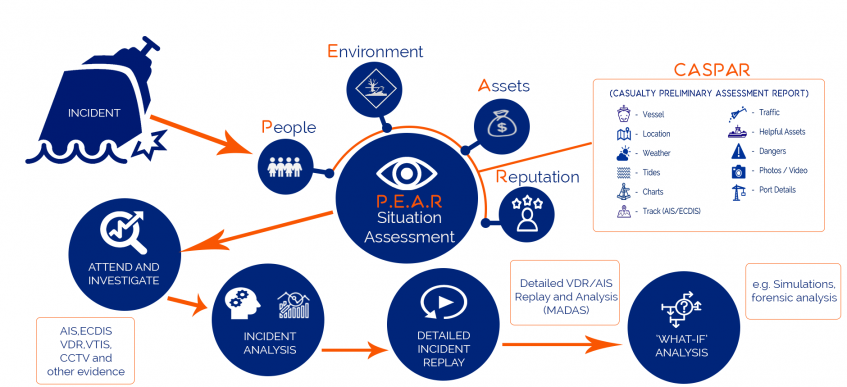Recent News
- Waves Group Celebrate 5 Years of Operation in Singapore
- Major Milestone Achieved in the Decommissioning of the Historic Royal Sovereign Lighthouse
- Waves Group Welcomes Captain Stanislav Ivanov as Vice President of the Houston office
- Waves Group Goes Green with Green Marine’s Project Verdant – UK’s First CTV (Crew Transfer Vessel) Powered by Hydrogen
- A New Organisational Structure for Waves Group Board of Directors
Archives
- March 2024
- December 2023
- November 2023
- June 2023
- April 2023
- February 2023
- January 2023
- November 2022
- October 2022
- September 2022
- August 2022
- July 2022
- June 2022
- May 2022
- April 2022
- March 2022
- February 2022
- September 2021
- June 2021
- May 2021
- March 2021
- February 2021
- January 2021
- December 2020
- October 2020
- September 2020
- August 2020
- July 2020
- April 2020
- March 2020
- February 2020
- January 2020
- December 2019
- November 2019
- October 2019
- September 2019
- August 2019
- June 2019
- May 2019
- April 2019
- March 2019
- February 2019
- January 2019
- November 2018
- October 2018
- September 2018
- July 2018
- May 2018
- September 2017
- July 2017
- January 2017
- December 2016
Improving Understanding of an Incident with our CASPAR System
July 31, 2020

Waves Group CASPAR incident assessment system.
When an incident occurs, being able to quickly understand the situation is critical – the natural questions of what has happened and what will happen need to be answered quickly and effectively. Rapid access to information on the impact of the incident on people, the environment and the assets involved will give the response team critical insight and enable effective responses to be implemented that can help to minimise the environmental, financial and reputational impact of the incident.
Our CASPAR (CASualty Preliminary Assessment Report) system provides rapid information on the incident to enhance the situational awareness for all parties involved.
The CASPAR service offers a quick assessment of marine incidents using all of the most relevant intelligence available in relation to an incident such as AIS tracks, environmental or weather conditions, port details, tide, marine charts, satellite imagery, photos, vessel details and other inputs suited for each situation. CASPAR provides those managing and attending an incident with valuable information and insight into what has occurred and how best to respond. It offers improved situational awareness and efficient data collation, omitting the superfluous information. The reports are available rapidly following notification of an incident (often within 4 hours) and is provided in an easy-to-use, universal format.
Since its launch in early 2019, CASPAR has been used regularly on a range of maritime incidents and has proven its ability to enhance the information available to incident responders for incidents such as:
- FFO incidents such as STS crane impacts, dock allisions, subsea cable damages.
- Business Interruption claims to assess usage of a facility before and after an incident.
- Salvage and wreck removal projects.
- Container losses, enabling regular and up-to-date reporting of containers and material coming ashore
Time is a critical factor in most marine incidents and getting the early decisions right can make the difference between a professional response that protects your interests and an expensive set of problems.

